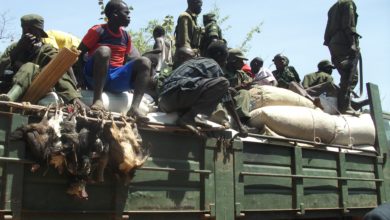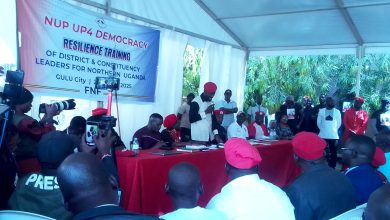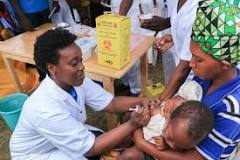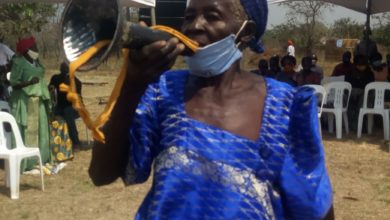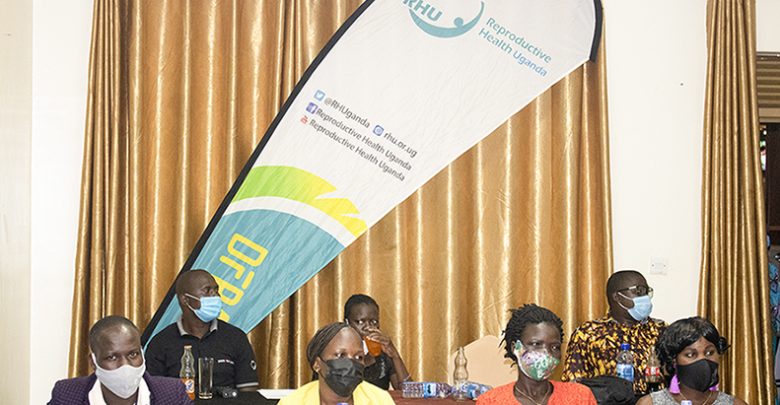
Story summary
These acts devalue women, normalize their abuse, and perpetrators claim GBV is accidental, ignores sexism, promote aggressive masculinity, and use men’s achievements to exonerate, excuse, and deny the impact of their behavior.
Therefore, women have also been empowered to stand up for their rights and report GBV and SGBV issues, penetrate leadership positions and also fend for their families.
By AidahBabiryeNakanjako
HOIMA CITY-UGANDA: Hoima communities have been empowered to identify and report cases of sexual and gender violence (SGBV), courtesy of Reproductive health Uganda (RHU) and the Danish Family Planning Association (DFPA).
Nancy Apiyo, RHU Gender Coordinator says that the Sexual Reproductive Health Rights and gender equality (SRHRGE) project trained 1,100 persons80% women on issues of gender-based violence (GBV) and SGBV in Hoima District. TheSRHRGEproject changed and relaxed acts of dislike of, contempt for, and ingrained prejudice against women.
These acts devalue women, normalize their abuse, and perpetrators claim GBV is accidental, ignores sexism, promote aggressive masculinity, and use men’s achievements to exonerate, excuse, and deny the impact of their behavior. Therefore, women have also been empowered to stand up for their rights and report GBV and SGBV issues, penetrate leadership positions and also fend for their families.
“I was empowered and have encouraged men to speak out and report issues of gender-based violence they face,” Sunday Nelson a male champion in Hoima District said. Sunday is part of the Tulikamu men’s group consisting of 20 members that were formed after the training on Sexual and Gender-Based Violence and Gender-Based Violence by Reproductive Health Uganda. This group equips members with a comprehensive package of information on SGBV, GBV, and the response.
“I used to think that life skills like cooking and cleaning were purely meant for women only but with the knowledge, I got from the pieces of training on SGBV and GBV, I started helping out with chores at home, my wife and children changed attitudes. We are much happier”, narrates Richard Asega of Hoima District.
“I learned that as a woman, I can also provide for my family in times of need even without my husband requesting,”Katusabe Sally said.
The SRHRGEproject is implemented in Hoima and Kampala districts under five thematic areas that address issues of SRHR, gender, Key Populations, the private sector, and the youth.
In the past year, the direct economic cost of violence against women in Uganda approximates at sh77.5b the World Health Organization reports.

